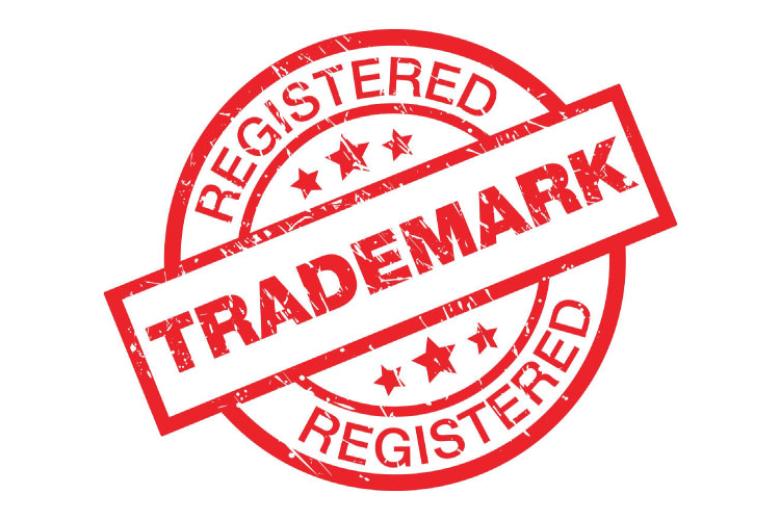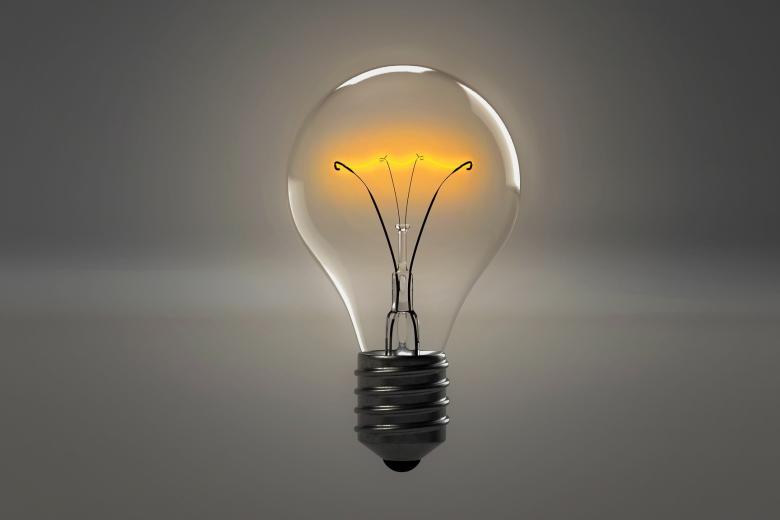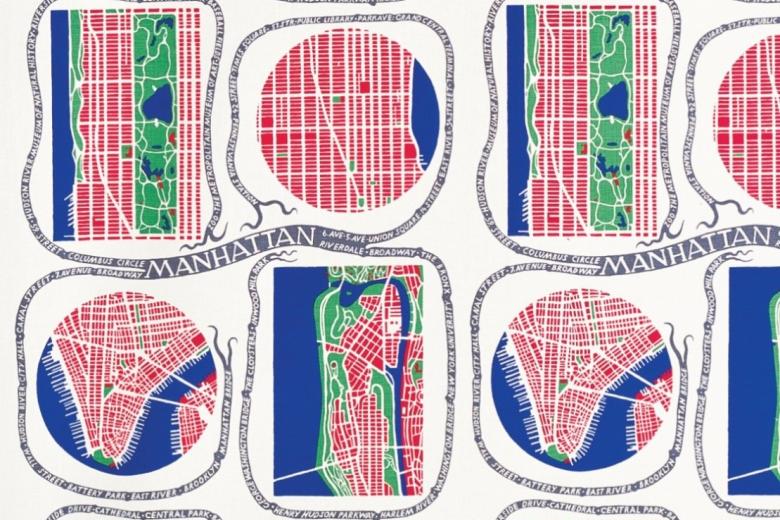Can comedians inspire themselves and copy each other?
Copyright protection in various artistic fields is already recognized and respected, however in comedy and stand-up performances, the question remains as to whether a comedian can be inspired by another comedian by appropriating and translating a part of his sketch.
Article 19 of the Universal Declaration of Human Rights sets a the fundamental principle of freedom of expression, which means that every human being has the right to express his ideas and opinions. This freedom of expression has led comedians over the years to perform stand-up sketches and to express hilarious ideas. This freedom of expression is limited by copyright protection and allows authors to prevent copying. Under the Berne Convention, authors of artistic works are protected and enjoy copyright protection for their works. For example, Article 8 of the Convention grants exclusive rights to the author to authorize a translation of the work. However, in recent videos, cases of French comedians copying small parts of other comedians’ sketches have appeared on YouTube. It seems that this has happened without the consent of the latter.
Translation of a small part of a work
As mentioned, Article 8 of the Berne Convention gives exclusive rights to the author of a work to authorize a translation of the work. In addition, Article 12 of the Berne Convention grants exclusive rights to the author of a work to authorize the “adaptation, arrangement or alteration of their work”. These two rights are related because in some countries, the right of translation is covered by the right of adaptation. But how broad is the right of translation? It is common knowledge that an unauthorized translation of a whole work would be infringing the original work. But would the translation of only a part of the work also be infringing? In the case Infopaq C-5/08, the Court ruled that the copying of 11 words without the authorization of the author could be considered an infringement of copyright. Those 11 words were extracts of newspaper articles and the result of a data capture carried out by Infopaq. The Court laid down that infringement would occur in the situation where those 11 words would represent the author’s own intellectual creation.
Ideas versus expression
Overall, it follows that copyright subsists in even small parts of a work, and their unauthorized reproduction is unlawful under copyright law, if those parts are considered original. But if even small parts can incur protection, does this mean that ideas are protected as well? One of the core principles behind copyright protection is that no protection is conferred onto ideas. Globally, this means that an author such as JK Rowling does not have copyright protection over stories concerning wizards going to a wizardry school. However, she does have a copyright protection over her stories and characters. In this light, the specificities of a humoristic sketch about the everyday life of people, even if a rather small piece of the sketch, would be considered as an expression rather than an idea.
Parody exception
A few exceptions exist, such as the parody exception, as a way to imitate a copyrighted work in a funny manner for humoristic effect. This would be acceptable and not infringe the original work of an author. However, in the present case, parody would not be accepted as the adapted parts are not altered and are not covered by the definition of a parody, as provided in the CJEU Deckmyn case.
Simple inspiration?
Inspiration of a work is natural. In famous cases such as the Da Vinci case, the Supreme Court of the United Kingdom ruled that the book relied on historical facts and as such there was no infringement. It was proved that the author was inspired by the book of Baigent and Leigh; but inspiration cannot be viewed as infringement, especially when the inspiration is based on facts.
In the case of the comedians, copying parts of other’s sketches goes beyond inspiration. It would seem that the authors of the original works could claim copyright protection over their works. In countries such as the USA, however, authors have to register their work before they can start an infringement suit. Because of a registration fee involved, some works are not registered. Where every one of the sketches has to be paid for in order to start an infringement action, comedians may find it too costly to enforce their rights in the US.
| Written by Thomas Blouin, IPKM student 2018/19 - more blogs on Law Blogs Maastricht |
-
Protection of reputable marks beyond confusion: does “due cause” help to strike a balance between trade mark proprietors and content creators?
Content creators, exercising their freedom of expression, may use trade marks in their content in a way that might damage the interests of trade mark proprietors (e.g. use of Nike shoes in a porn movie). How does EU trade mark law address these different interests?

-
Computer-Implemented Inventions: has the term “invention” in the EPC lost its meaning?
The European Patent Convention defines subject-matter that is not eligible for patent protection, such as methods for doing business. However, when implemented by a computer, non-eligible subject matter becomes eligible for patent protection. Is this desirable?

-
The ambigous nature of the amended European trademark functionality doctrine
EU trade mark law excludes certain signs from becoming registered trade marks. In particular, shapes cannot be registered if they are necessary for achieving a technical result. In 2015, the amended Regulation broadened this exclusion to ‘another characteristics'. But what is now covered exactly?
